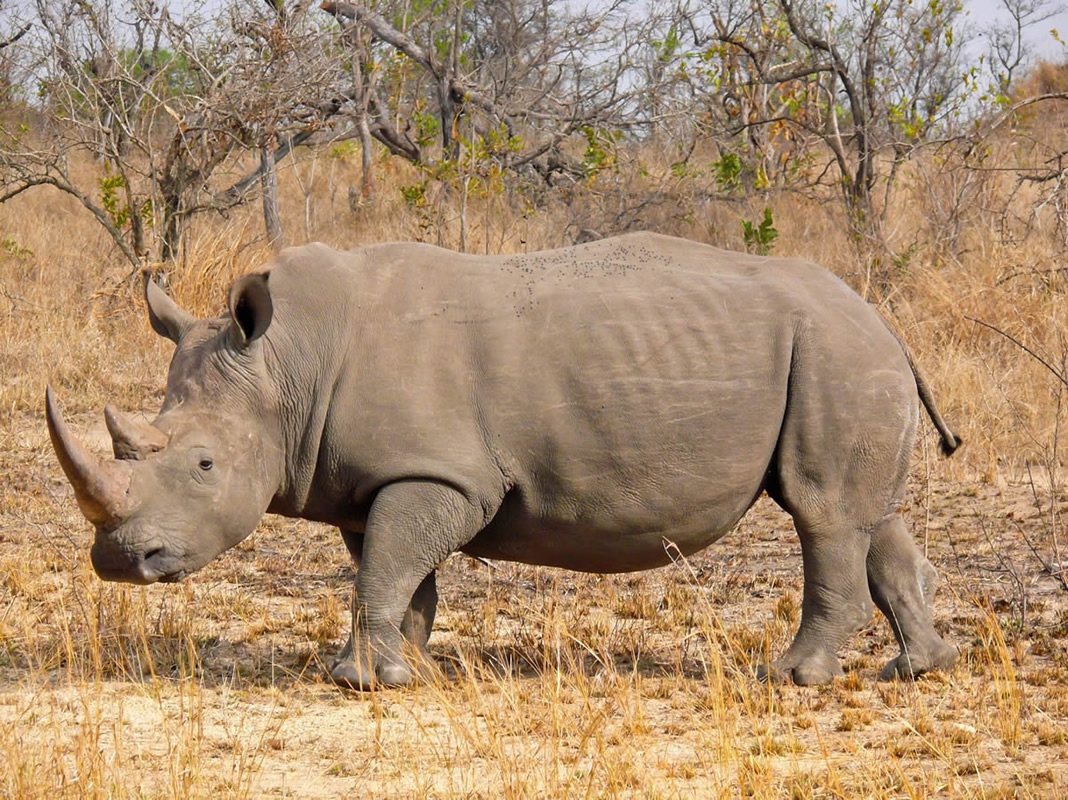
 Five Peculiar Ways Poaching Is Combated In Africa
Five Peculiar Ways Poaching Is Combated In Africa
Africa is known as an innovative but unconventional place, and when it comes to fighting the poachers that plight the continent's wildlife it finds itself reverting to type.
Drones
Drones are used to effectively and efficiently monitor large portions of country, being an eye in the sky for park rangers as they monitor the wildlife that they have been tasked to protect.
However, elephants are actually scared of the noise drones make, it is thought that it is because elephants are scared of bees too, and they link the noise drones make to swarming bees.
There are plans in the making to exploit this fear of drones, by using it to direct elephants away from poachers.
Recently countries including South Africa and Kenya have banned the private use of drones, but they could allow the use of drones to fight the ever inventive poachers.
WildLeaks
WildLeaks is a site where you can report suspicious activity regarding the poaching industry in complete anonymity.
Each ‘leak’ is examined by a team of experts who then pass it on (if credible) to the correct authorities. Its users have reported over 70 acts so far, including illegal tiger hunting and illegal ivory trading.
This use of the internet is a great way to combat all aspects of the poaching industry.
You bad guys don't see us, but we see you. #WildLeaks #wildlifecrime #FightingBack pic.twitter.com/Ykbze0eBJp
— WildLeaks (@Wildleaks) February 22, 2016
Poisoned Horns
If you have a stomach upset and decide to use rhino horn to make you feel better then think again. Ed and Lorinda Hern from South Africa have been sedating rhino’s and filling their horns with poison. Poison that doesn’t go into the rhino’s bloodstream but poison that will affect those who use the horn for other purposes.
Their idea has now grown into an organisation, the ‘Rhino Rescue Project’ which is spreading across South Africa.
There are critics, and their main criticism is that due to the illegality of the horn trade those making money off the horns are attempting to hide their contamination with no regard for those who get poisoned.
More Hunting
If rhino poison is controversial then so is this. Some people out there claim that the best way to stop illegal hunting is to allow more legal hunts, killing only select animals, mainly those that are too old or weak.
This was highlighted in the case of Corey Knowlton, a man who paid $350,000 to kill one black rhino in Namibia. Although he received many brutal and personal threats he went ahead with the hunt and killed the animal selected by the Namibian government.
The money he paid will go towards the security of other animals in the area, but some conservationists ask what’s the point in killing the same creature you are trying to protect.
3D Printed Rhino Horns
A company in Seattle, ‘Pembient’ believe that they have the right idea to stop poaching in Africa.
Rhino horns are made of keratin, so if they flood the market with fake horns using keratin and 3d printers then in theory the price of horns on the black market will plummet, and no one will be able to distinguish between the real and fake horns.
The horns are edible too, so people can use them with no adverse effects.
People are however worried that if DNA tests correctly distinguish between the real and fake horns then the real ones will become even more valuable.
With more ideas, effort and money being pumped into the anti-poaching campaign it seems as if the campaigners are starting to get the upper hand.
